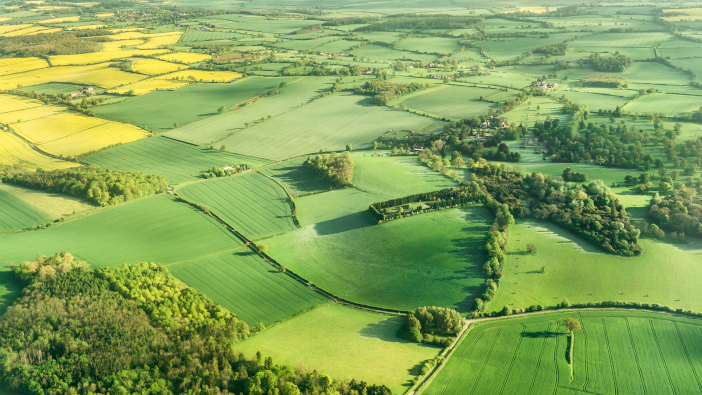Victoria Prentis, minister of state at Defra, has said that whole farm management is where farming is heading.
At a panel discussion organised by the Nature Friendly Farming Network (NFFN) at the Oxford Real Farming Conference, Victoria said: “The whole farm approach will be at the heart of where we go with the agriculture transition. But most farmers are not ready to do that, though we would encourage people to take the steps to get there.”
The panel event marked the launch of NFFN’s new report ‘Farming for Climate Action: What are we waiting for?’ The report outlines a comparison of devolved and UK government targets for climate and nature, alongside an overview of farming and land use across the UK and the main sources of greenhouse gas emissions (GhG) across each farming system.
It presents an infographic of a whole farm system approach with eight areas where practices can actively reduce GhGs and support farming businesses in becoming more resilient and protected against the effects of climate change.
The UK chair of the NFFN, Martin Lines, said during the discussion: “Many farmers are waiting for schemes to come in years’ time rather than making changes now, because we have become so embedded in a payment system that has rewarded land size instead of what we do with that land as a public benefit affecting both biodiversity and our climate.”
Hywel Morgan, a livestock famer in Myddfai, farms 230 acres with no fertilisers and a reduction in chemical sprays. He has reduced bought-in feedstocks from 18 tonnes to 3-4 tonnes. He plants herbal leys with deep rooting systems, including chicory, plantain, and clovers.
After too many years of ryegrass, Hywel said: “As an upland grassland farmer, why would I want to kill off perennial self-seeding grass to plant new grass? I keep asking myself ‘why did I do this every year?’”
Hywel’s efforts have resulted in higher soil pH levels and improved carbon storage.
“My income dropped around 20%, but my profits have always gained as the less I spent, the better off the farm is. I’m better off now financially than I have been for years.”
Victoria spoke about her vision for UK agriculture in 10 years’ time, saying there will be a “really good labelling system” which will mean that consumers are “much more aware” of what they are consuming and that British farming will be producing “at least 60% of the food we eat.”
“In terms of the landscape, there will be areas that are spared and much more peatland will be rewetted,” she concluded.


